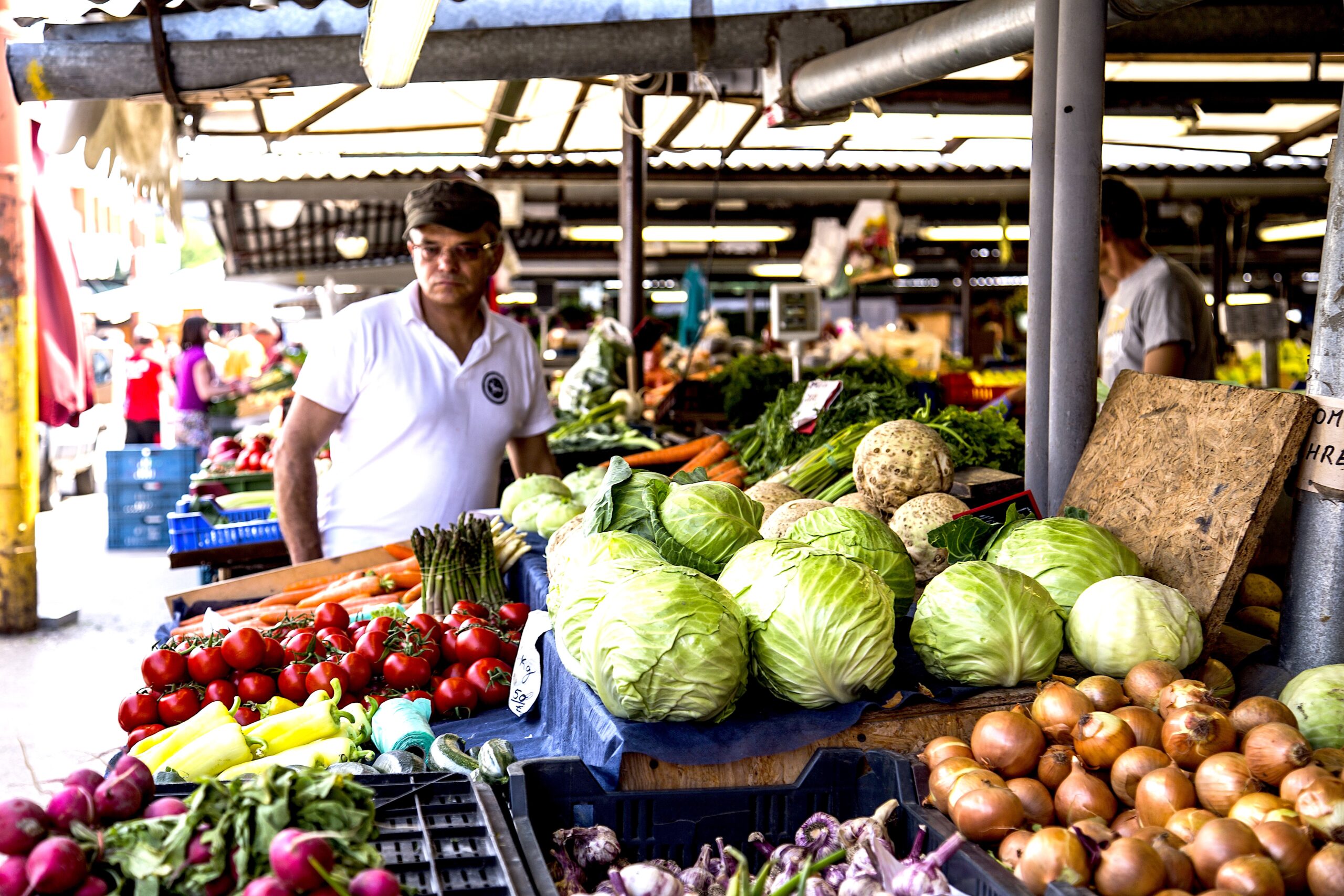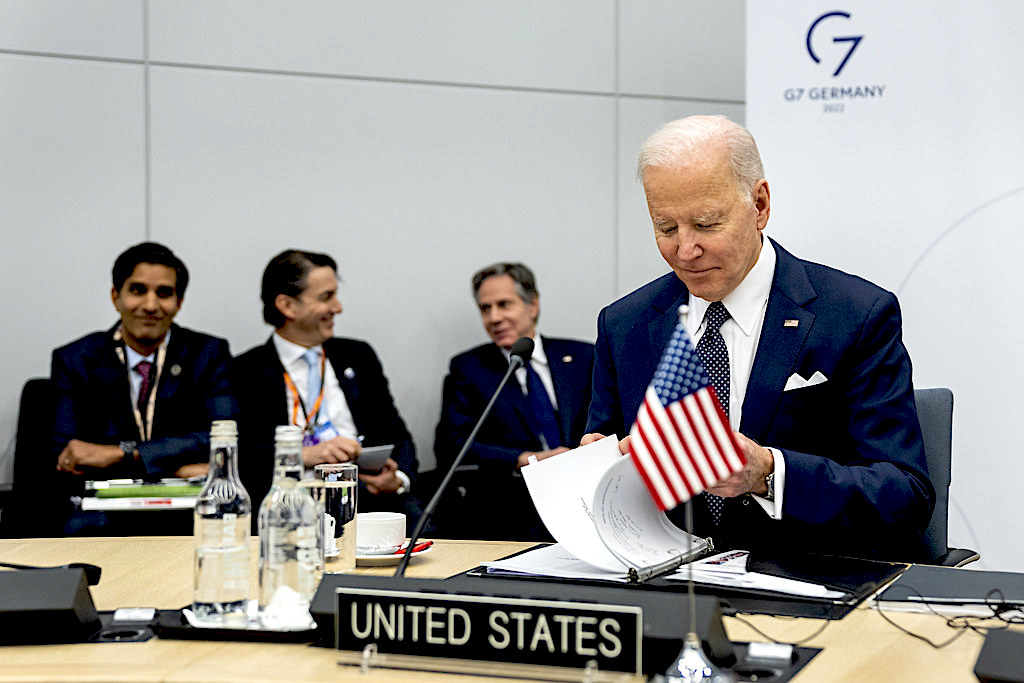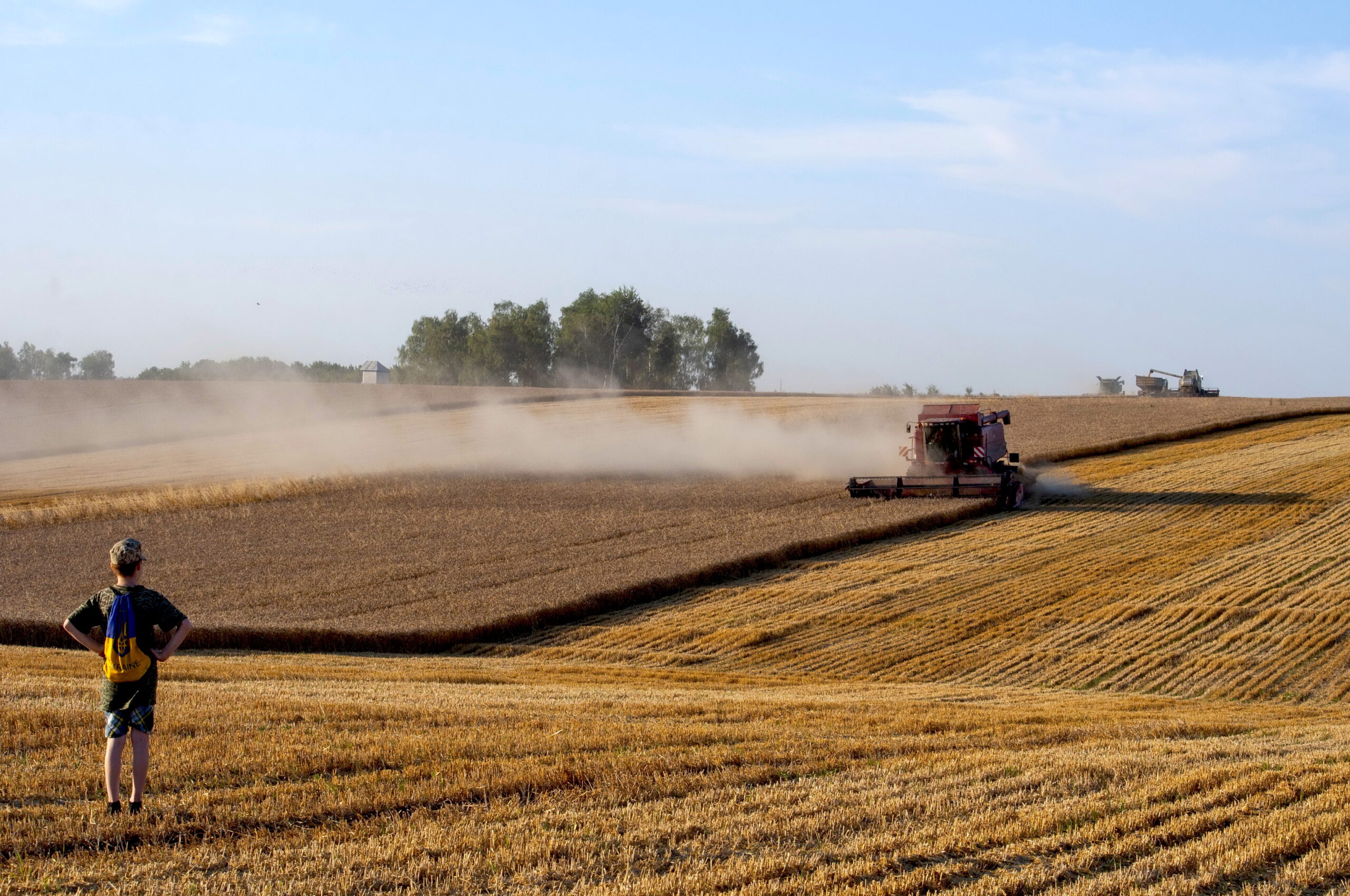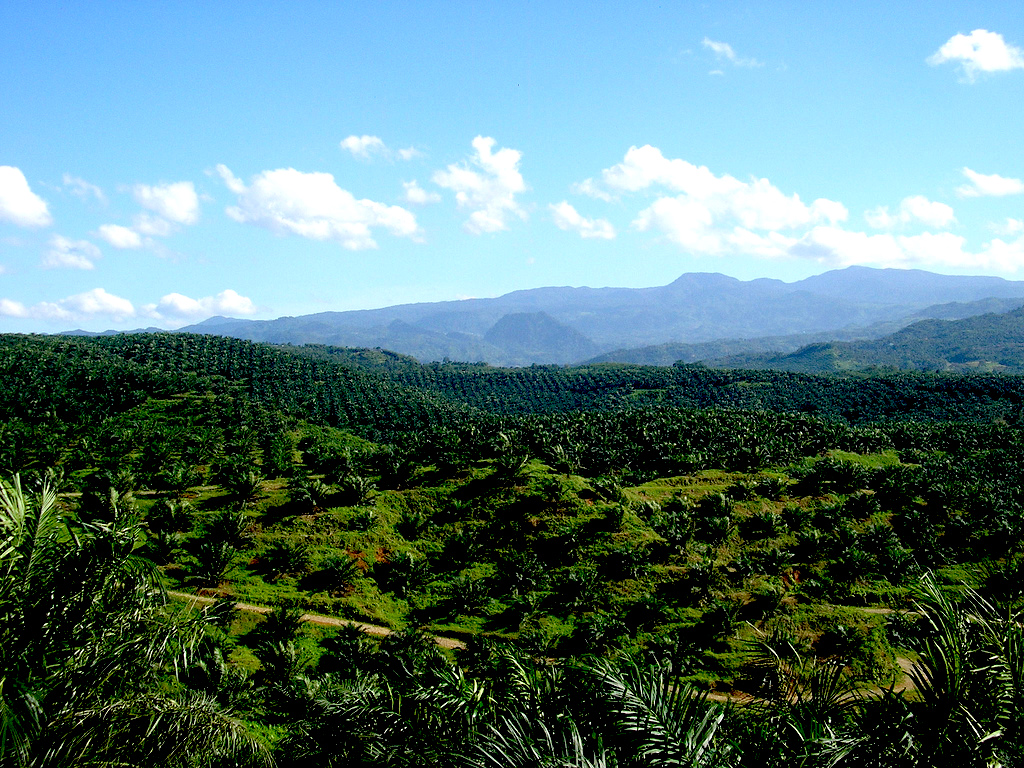This propaganda does immense damage to the world’s understanding and capability of avoiding a looming global food disaster, writes John Ross.

(PxHere, CC0)
By John Ross
Peoples Dispatch
 “There is really no true solution to the problem of global food security without bringing back the agriculture production of Ukraine and the food and fertilizer production of Russia and Belarus into world markets despite the war.” These blunt words by U.N. Secretary-General António Guterres accurately describe the present global food crisis.
“There is really no true solution to the problem of global food security without bringing back the agriculture production of Ukraine and the food and fertilizer production of Russia and Belarus into world markets despite the war.” These blunt words by U.N. Secretary-General António Guterres accurately describe the present global food crisis.
As the U.S. and the G7 (comprising Canada, France, Germany, Italy, Japan, the United Kingdom and the United States) insist that cutting off food exports from Ukraine poses the biggest threat to world food security, rather than admitting the far more powerful negative effect of Western sanctions against Russia, their propaganda does immense damage to the world’s understanding and capability of avoiding a looming global food disaster.
Looking at the world food supply situation, many experts see an imminent threat of “human catastrophe,” as World Bank President David Malpass put it. Andrew Bailey, the governor of the Bank of England, characterized his outlook on global food supply problems as “apocalyptic” when discussing increasing food prices.
This rise has led to the unfolding of two issues simultaneously: creating the threat of hunger and famine in parts of the Global South and hitting living standards in every country across the globe.
Even before rapid price rises surrounding the Ukraine war, more than 800 million people were suffering from chronic food insecurity — around 10 percent of the world’s population. U.S. Treasury Secretary Janet Yellen cited this fact while speaking to the participants of an April 2022 event, “Tackling Food Insecurity: The Challenge and Call to Action,” whose participants included the heads of international financial institutions such as the World Bank’s Malpass.
Yellen also noted, “Early estimates suggest that at least 10 million more people could be pushed into poverty in Sub-Saharan Africa due to higher food prices alone.”
The World Food Program (WFP) plans “to feed a record 140 million people this year,” and it reports that “at least 44 million people in 38 countries are teetering on the edge of famine,” an increase from 27 million in 2019.
Donate to Consortium News‘
2022 Spring Fund Drive
In countries facing other problems, like climate change, food price increases have been catastrophic.
For example, in Lebanon, “the cost of a basic food basket — the minimum food needs per family per month — [rose]… by 351 percent” in 2021 compared to 2020, according to the WFP.
In the Global North, famine is not a threat, but the populations of these countries face a sharp squeeze on their living standards as the global food crisis also raises the prices people in wealthy countries have to pay and budget for.

U.S. President Joe Biden attending G7 leaders meeting in March at NATO headquarters in Brussels. (White House, Adam Schultz)
In the United States, for example, the combination of high inflation and economic slowdown led to a 3.4 percent reduction in real average weekly earnings in the last year, as per data provided by the U.S. Bureau of Labor Statistics.
Fake Analysis by G7
Faced with this rapidly rising threat of the deepening food crisis, the G7 foreign ministers met from May 12 to May 14 to finally focus their attention on this pressing matter.
They issued a statement on May 13 expressing “deep concern” about the growing food insecurity, while pointing out the next day that “the world is now facing a worsening state of food insecurity and malnutrition … at a time when 43 million people were already one step away from famine.”
But the G7 falsely claimed that the reason for this food crisis was primarily due to “Russia blocking the exit routes for Ukraine’s grain.” According to Canada’s foreign minister, Mélanie Joly: “We need to make sure that these cereals are sent to the world. If not, millions of people will be facing famine.”

Canada’s Foreign Minster Mélanie Joly meeting with NATO Secretary General Jens Stoltenberg in January. (NATO)
Sanctions
This G7 statement deliberately misrepresented the present global food crisis. Instead of attempting to solve this crisis, the U.S, and the rest of the G7 used this opportunity to further their propaganda on the Ukraine war.
Certainly, Ukraine’s export restrictions make the global food problem worse. But it is not the main cause of the deteriorating situation. A much more powerful cause is Western sanctions imposed on Russia’s exports.

Harvesting time in the Ternopil region of Ukraine, August 2020. (CC BY-SA 4.0, Wikimedia Commons)
The first reason for this is that Russia is a far bigger exporter of essential food items and other products in comparison to Ukraine. Russia is the world’s largest wheat exporter, accounting for almost three times as much of world exports as Ukraine, 18 percent compared to 7 percent.
Second, and even more important, is the situation with fertilizers. Russia is the world’s largest fertilizer exporter, and Belarus, which is also facing Western sanctions, is also a major supplier — together they account for more than 20 percent of the global supply.
Fertilizer prices were already rising before the Ukraine war due to high fuel prices — fertilizer production relies heavily on natural gas — but sanctions by the West, which prevent Russia from exporting fertilizers, have made the situation worse.
David Laborde, a senior research fellow at the International Food Policy Research Institute, pointed out that “the biggest threat the food system is facing is the disruption of the fertilizer trade.” This is because, he said: “Wheat will impact a few countries. The fertilizer issue can impact every farmer everywhere in the world, and cause declines in the production of all food, not just wheat.”
The threat to global fertilizer supply illustrates how energy products are an essential input into virtually all economic sectors. As Russia is one of the world’s largest exporters not only of food but also of energy, sanctions against the country have a knock-on inflationary effect across the entire world economy.
Response in Global South
This world food supply situation worsened further after the G7 meeting when on May 14, India, the world’s second-largest wheat producer, announced that it was halting wheat exports due to crop losses caused by an intense heat wave.
Already in April Indonesia had announced that it was ending palm oil exports — Indonesia accounts for 60 percent of the world supply.

Palm oil plantation in Java, Indonesia. (Achmad Rabin Taim, CC BY 2.0, Wikimedia Commons)
India’s halt of wheat exports will be a further severe blow to countries in the Global South, where its exports are mostly focused. In 2021-2022, India exported 7 million metric tons of wheat, primarily to Asian Global South countries such as Sri Lanka, Indonesia, Yemen, Nepal, Malaysia, the Philippines, and Bangladesh. But India had earlier set a target of expanding wheat exports to 10 million tons in 2022-2023, including supplying 3 million tons of wheat to Egypt for the first time.
The unfolding situation makes clear that António Guterres’ words were indeed accurate — the world food crisis cannot be solved without both Ukraine’s exports and Russia’s exports of food and fertilizer. Without the latter, humanity does indeed face a “catastrophe” — billions of people will have to lower their living standards, and hundreds of millions of people in the Global South will face great hardship like hunger or worse.
Almost every Global South country rightly refused to support the unilateral U.S. sanctions against Russia. This refusal needs to be extended to the whole world to prevent further devastation.
John Ross is a senior fellow at Chongyang Institute for Financial Studies, Renmin University of China. His writing on the Chinese and U.S. economies and geopolitics has been published widely online, and he is the author of two books published in China, Don’t Misunderstand China’s Economy and The Great Chess Game. His most recent book is China’s Great Road: Lessons for Marxist Theory and Socialist Practices (1804 Books, 2021). He was previously director of economic policy for the mayor of London.
This article is from Peoples Dispatch.
The views expressed are solely those of the author and may or may not reflect those of Consortium News.
Help Us Beat the Censors!
Donate to Consortium News‘
2022 Spring Fund Drive
Donate securely by credit card or check by clicking the red button:

Thank you for this very fine and important article.
The attacks on Russia were designed and implemented by every US administration since Carter and Brzezinski. The Guardian refuses to assign the White West any responsibility for the impacts of war, climate change, Western economics, or this war’s Russia sanctions. The Guardian writes, starvation is ‘… largely due to Putin’s personal failure to recognise (sic), or accept, that the era of Soviet exceptionalism is over….’ Aside from the illiterate spelling and historical ignorance, it takes supreme stupidity to shove oft asserted ‘US exceptionalism’ onto Russia. Any honest observer would know attacking Russia is to attack sources of key commodities.
Get it through your heads, White Westerners: Russia is at war with Ukraine and US – NAYOYO. It’s not Russia’s job to secure the Ukrainian economy or facilitate its exports and imports. Dmitry Medvedev, Deputy Chairman of Russia’s Security Council, May 20, 2022, ‘…On the one hand, insane sanctions are being imposed against us, on the other hand, they are demanding food supplies. Things don’t work like that, we’re not idiots.’ Medvedev concluded, ‘… most of all, their own cosmic cretinism interferes.’
Henry Kissinger (Washington Post): “For the West, the demonization of Vladimir Putin is not a policy; it is an alibi for the absence of one.”
Africa and Latin America have been under the control of Washington, the ‘indispensable nation’, for decades and centuries. They have loyally served through both World Wars and received nothing but contempt, torture, military coups and death squads, while the wealth of their nations went to the White West.
Voltaire: “Those who can make you believe absurdities can make you commit atrocities.”
US oligarchs won’t build tough, resilient economies that provide the necessities of life. They can’t even guarantee US power supplies, domestic and agricultural water, or nutritious food. Oligarchs build economies designed to make a profit. All else, and everyone else, is dispensable.
John Stuart Mill (1806 – 1873): “I did not mean that Conservatives are generally stupid; I meant, that stupid persons are generally conservative.”… and write for the Guardian.
hxxps://www.youtube.com/watch?v=WUBvIUtL0LU
Bruce Cockburn – Call it Democracy
Memo to US. Claiming that US sanctions are not the proximate cause of a problem that didn’t really exist to this extent prior to the advent of sanctions is not a winning hand.
America has used sanctions to bludgeon its enemies and bully the world. To date they have been successful despite numerous attempts to find a way around them. Biden and his European gang members are going full bore against Russia, down to outright theft of its assets.
Although it is too early to tell, its sanction weapon is causing a great deal of harm to those who support the US and Russia seems to be hurt less than the sanctioneers imagined.
If that is true, the world will be better off for it and hopefully the arrogance now exhibited by us will be replaced by a willingness to get along with our neighbors as equals.
Longer hours of work to feed one’s family as before = less energy and time to challenge the pigs trying to dominate and gobble up the world.
It has been plausibly suggested that such a food crisis would suit the US just fine. Countries in the global South could get aid, whether direct food aid or IMF loans and the like, if and only if they kowtow to Western demands for loyalty, austerity, privatisation and so on.
Also Ukraine is reportedly exporting some wheat to Europe in “arms for grain” deals. The Europeans are stockpiling the wheat for their own use and will only let the surplus go to the Global South in due course.
Always blame Russia!!
“Certainly, Ukraine’s export restrictions make the global food problem worse” but it is Ukraine stopping the ships from leaving, after mining the ports normally used while Russia has made available a corridor to allow it, and Ukraine prevents their exit. This has been fully publicised, but the G7 and other Western sources choose to ignore it.
Russia also is providing food to “friendly countries” which make up most of the globe anyway, while the West considers itself “the world”, but the sanctions on Russian shipping do not help.
Indonesia’ ceasing palm oil exports may be a good thing for the health of consumers and of the environment!!!!
Indonesia’ ceasing palm oil exports may be a good thing for the health of consumers and of the environment!!!!
What a heartless person you are! Palm oil is the best raw material for biodiesel. Think about all the cars and trucks that have to switch to actual diesel, and at the peak prices at that? How would you feel in their place?
You and rosemerry both have points worthy of sharing. So it seems to me. But I don’t see the benefit of insulting another person. It only causes further discord and alienation in already troubled time. Frankly it makes me feel sad. We have to find ways to disagree without demeaning each other. (I write this to remind myself as well.)
It is very obvious that every single member of the G-7 group is too much of a coward to stand up to bully America. If they ever grew gonads they would have to wear Pampers…
It’s important to understand that this crisis was created because the West, principally the U.S. ignored the reasonable suggestion that a new security arrangement be affected to include Russia. And the West, again the U.S., pushed NATO to the borders of Russia who time and again warned that to do so was an existential threat to their country. Sanctions have been an embarrassment. Instead of working to bring Russia to its knees it has worked to bring other countries to food insecurity. Yet the U.S. government has approved $40 billion to extend the war? This is geopolitical insanity.
The US doesn’t care.
One could argue that sanctions can improve the situation on the world food market, as sanctions on Yemen, Syria, Venezuela, Nicaragua and Cuba severely restricted their ability to import food (especially acute in the cases of Syria and Yemen), thus leaving more for everyone else. On the more genuinely bright side, sanctions imposed in 2014 on Russia stimulated grain production there, the average Russian export in 2012-2014 was 14 million tons, in 2020-22 it is 36 million tons.
Importing food requires paying for the food, and if the country is under sanctions, like Venezuela, USA arrests the traders for “money laundering” (actually, kidnapping them by bribing the countries where they stop). That much for humanitarian worry about “food insecurity”.
USA and the West imposed cruel sanctions on many countries that did not attack anyone, on highly specious grounds if you compare sanctioned countries with nearby “best friends of the West”, e.g. Venezuela and Colombia, sabotaged local trade that could lift level of living and food security — like mysteriously postponed gas pipeline from Iran to Pakistan and India. Sanctions involve outright de-facto confiscations, like the foreign reserves of Afghanistan. No much worry about food security there.
The collective West is as genuinely concerned about hunger as it is about democracy. Just look at Yemen where supervision of “democratic transition” was left to the care of GCC, i.e. absolute monarchs of the Persian Gulf who are familiar with democracy to the degree that they know what they detest. What could go wrong?
Not really what is happening at all … see: hxxps://theconversation.com/amp/a-shrinking-fraction-of-the-worlds-major-crops-goes-to-feed-the-hungry-with-more-used-for-nonfood-purposes-181819
Maybe the government will spend all of our money on more weapons for the war in Ukraine, and then when we start to starve, they will issue us “ration tickets” for old, moldy food like they did to the Native Americans after taking their hunting lands.
There are many sanction related things that stop the flow of grain and fertilizer. The west is always using the plight of third world countries to actually get these commodities for themselves.
The UN is primarily a tool of the West and they all sing the same tune. What did the West ever do to alleviate the starving around the globe, as a result of their wars and sanctions?
Their charity always comes with many strings attached, just like the loans. Russia is talking with the global South to find ways to bring them these much needed commodities, and will find a way.
The west can starve, but probably deserve much more.
Washington is willing to force the entire world to make any sacrifice, whatever the cost in lives, to ensure its right to keep nuclear weapons deployed on Russia’s border and pointed at its major cities. That’s what America’s proxy war against Russia in the Ukraine is all about. Simple as that. Don’t strain your brain. Madeline Albright long ago established the validity this principle using the children of Iraq to make her point. She was recently buried with national honors.
Just to make clear, that’s their thinking, not mine.
Food security for the developing world has been under attack by the US since WW2. Through the IMF and World Bank, the US imposed restrictions on loans to force agricultural shifts to export crops which in turn could be manipulated for US profit. These shifts allowed US farmers to benefit from food exports to the developing countries, locking in comparative advantage rather than helping the global south become food secure. This provided the US with hegemonic leverage over governments to force further compliance with US corporate exploitation. And when that didn’t work the US would sanction, coup or invade to enforce its food dominance. As Michael Hudson describes in Super Imperialism: “World bank lending went hand in hand with right-wing death squads …” And those death squads were implemented to prevent land reform. It was McNamara in the 1960s who removed restrictions on the World Bank so he and his sociopaths could begin “exerting political pressure upon member nations to alter their social institutions.” His solution to the accompanying malnutrition created by his policies was to depopulate the global south. Hunger has been a tool of US foreign policy for over 70 years, with the US actively blocking land reform and redistribution to lock in control over the developing world. And who will benefit from this latest current food crisis? Answer: US Agribusiness. When looking for an answer, follow the money. The Ukraine war is another manufactured crisis to benefit US corporations (Agribusiness, arms industry, oil and gas), to strengthen US hegemony over the EU, and to simultaneously lay the blame on Russia.